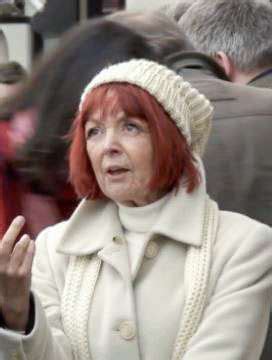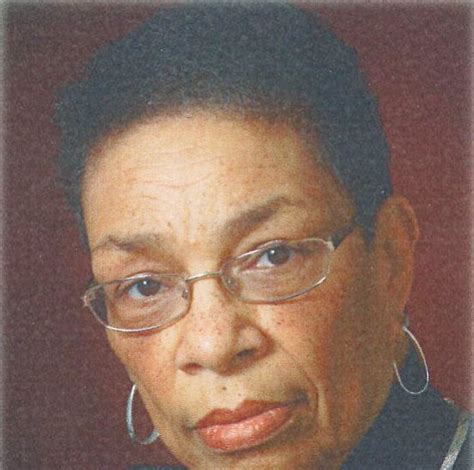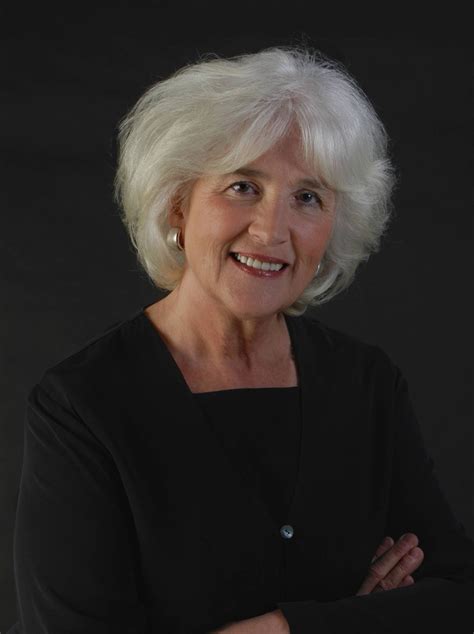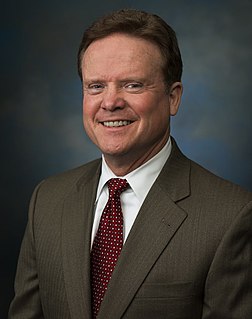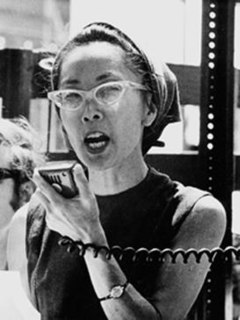A Quote by David Oyelowo
I truly believe that one of the things that has been lacking in the USA is a spirit of repentance about the injustices of slavery and the injustices of segregation and racism generally.
Quote Topics
Related Quotes
I truly believe that one of the things that has been lacking in America is a spirit of repentance about the injustices of slavery and the injustices of segregation and racism generally. I truly believe that we cannot come to a place of reconciliation until there is individual repentance and corporate repentance.
I truly believe slavery is why, as a by-product, we still have a disproportionate amount of black men incarcerated in the USA. It is an extension of that legacy, and that's not going to start to diminish until black people have a new sense of themselves that isn't tied to slavery and feeling inferior. I think the church can be instrumental in that, in terms of repentance, reconciliation and just being more embracing of each other - not just on Sunday, but in life generally.
I truly believe slavery is why, as a by-product, we still have a disproportionate amount of black men incarcerated in America. It is an extension of that legacy, and that's not going to start to diminish until black people have a new sense of themselves that isn't tied to slavery and feeling inferior. I think the church can be instrumental in that, in terms of repentance, reconciliation and just being more embracing of each other - not just on Sunday, but in life generally.
Think of US slavery in 1850, or the subjection of women. Both of these injustices could have been - and were! - defended by pointing out, quite correctly, that this situation of slaves and women had been improving throughout the preceding century. Slaves, in particular, were worked less hard, beaten and raped less frequently, better fed, and less often ripped apart from their families. So would a celebration of moral progress have been appropriate in 1850? Surely not. Slavery could have been and should have been abolished - then, if not before.
Blacks have experienced a history of victimization in America, beginning obviously in slavery and then another 100 years of segregation. I grew up in segregation. I know very well what it was about and all of the difficulties it placed on black life, and how we were truly held down before the civil-rights movement.

